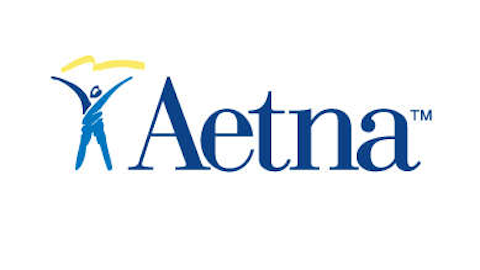Love it or hate it, Obamacare is now the American health care system. But even ardent supporters acknowledge that it’s not perfect. Some would prefer a universal health care system similar to several European countries.
There is another path to potentially addressing shortcomings in the Patient Protection and Affordable Care Act, though. Singapore boasts one of the world’s most effective and low-cost health systems. And it’s quite different from what you’ll find in much of Europe. Here are three intriguing ways that Obamacare could change to replicate some of Singapore’s success.

1. Implement a new individual mandate
Singapore’s health care system incorporates an individual mandate, but it’s not what you might think. Instead of merely requiring citizens to purchase insurance, the country mandates that individuals save money for their health care needs. We’re not talking piggy bank money, though. Singapore residents below the age of 50 pay 20% of their salaries, with another 16% kicked in by their employers. Those percentages decrease for older citizens.
Since both Democrats and Republicans shy away from increasing taxes on the middle class and lower-income Americans, requiring people to pay one-fifth of their incomes for health care would probably float like a lead balloon. If the government makes you do it, it sounds like a tax. However, consider this: Singaporeans are healthier than Americans, but we actually pay almost five times per person overall that what they pay for health care.
2. Decrease the overall role of government
Obamacare increased the role of government in health care. Singapore’s government, on the other hand, takes a much less prominent role. The result is that total government spending on health care in the country is only around one-third of federal government spending in the U.S.
How do they accomplish this? While the government pushes Singaporeans to save for medical care, the people themselves make most of the decisions on how to spend the money. The emphasis is on personal responsibility. A side benefit of this is that it promotes competition and innovation among the nation’s health care providers.
Perhaps the closest parallel to this idea that currently exists in the U.S. is the health savings account, or HSA, offered by several insurers. For example, UnitedHealth Group Inc. (NYSE:UNH)‘s HSA allows members to put money into the account and use the money to pay for medical costs up to their deductible levels. Traditional insurance then kicks in to cover the rest of the cost.
While it’s easy to see why liberal politicians perhaps would not like this idea, why might conservatives hate it? Following the Singapore model of lower government involvement requires that expanded individual mandate mentioned above to be in full force. This approach would also be quite disruptive, a reality that could scare off even those predisposed to support the concept.
3. Target specific areas for more government involvement
When the Supreme Court upheld much of Obamacare in 2012, shares in large hospital system operator HCA Holdings Inc (NYSE:HCA) soared. The stock is up over 40% since the ruling. The key reason: Hospitals incurred significant losses when they had to absorb costs of providing free medical care to uninsured patients. Their hope with Obamacare was that there would be far fewer uninsured people.
Singapore addresses this issue through more government involvement in targeted ways. Like Obamacare, their system subsidizes low-income earners. The government operates several public hospitals. And it regulates prices and services, although not with an iron fist as seen in socialized systems.
Overall, Singapore has a lower profile in health care than the U.S. government does. That approach probably wouldn’t appeal to many Democrats. Republicans typically aren’t big fans of government regulations on pricing. Both sides have something to dislike.
Love or hate?
While Obamacare’s goals included improving health care and lowering insurance premiums, some people, including Aetna Inc. (NYSE:AET) CEO Mark Bertolini, think that insurance premiums will actually rise. If Bertolini and others are correct in their predictions, there could be a public groundswell for changes.
Singapore’s system, like Obamacare, isn’t perfect. However, with overall per-capita costs amounting to only a fraction of those in the U.S., perhaps we should consider borrowing a few ideas. Whether you love Obamacare, hate it, or are somewhere in between, there’s one thing that all Americans can agree on: We want to continually improve.
What’s your take on Singapore’s approach? Could some of their ideas work in the U.S.? Voice your opinion in the comments below.
The article 3 Potential Obamacare Changes Courtesy of Singapore originally appeared on Fool.com.
Fool contributor Keith Speights has no position in any stocks mentioned. The Motley Fool recommends UnitedHealth Group.
Copyright © 1995 – 2013 The Motley Fool, LLC. All rights reserved. The Motley Fool has a disclosure policy.


